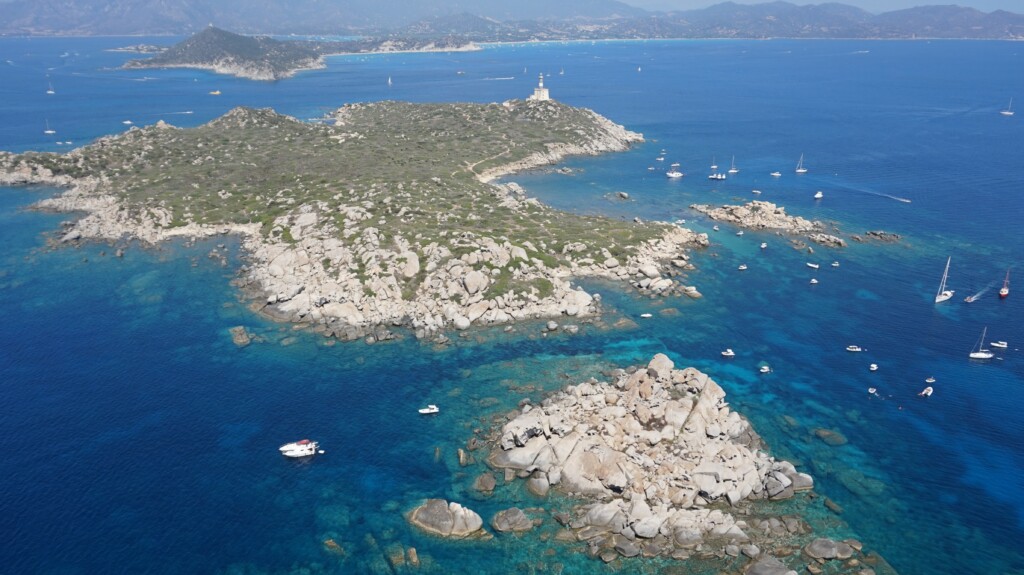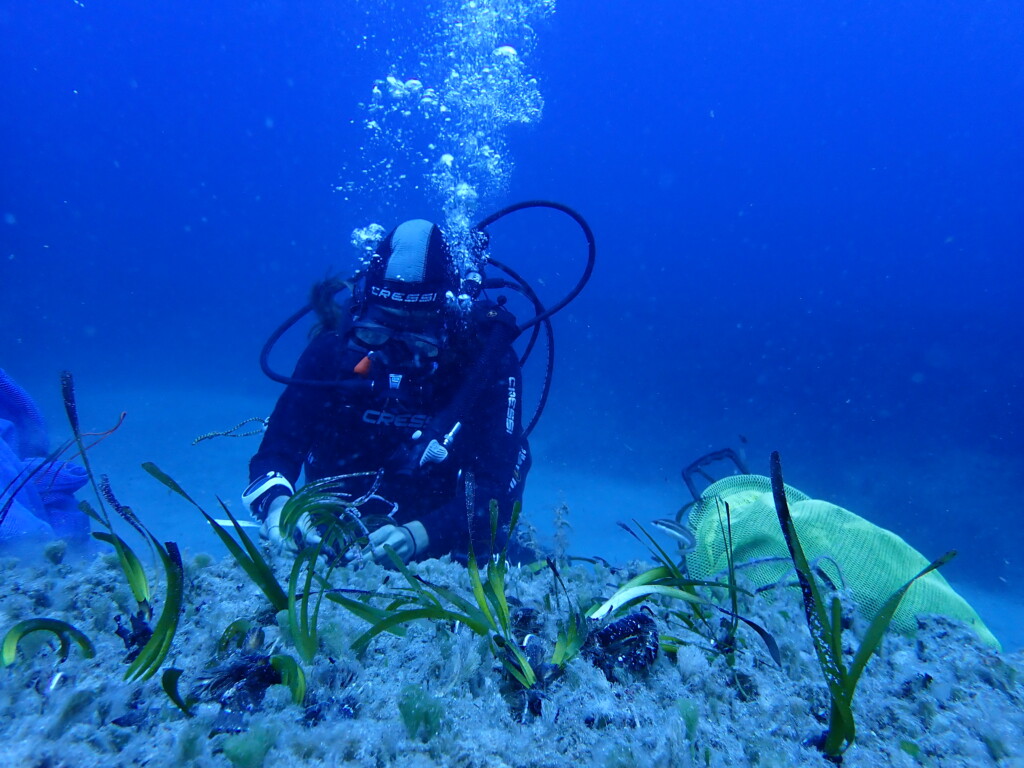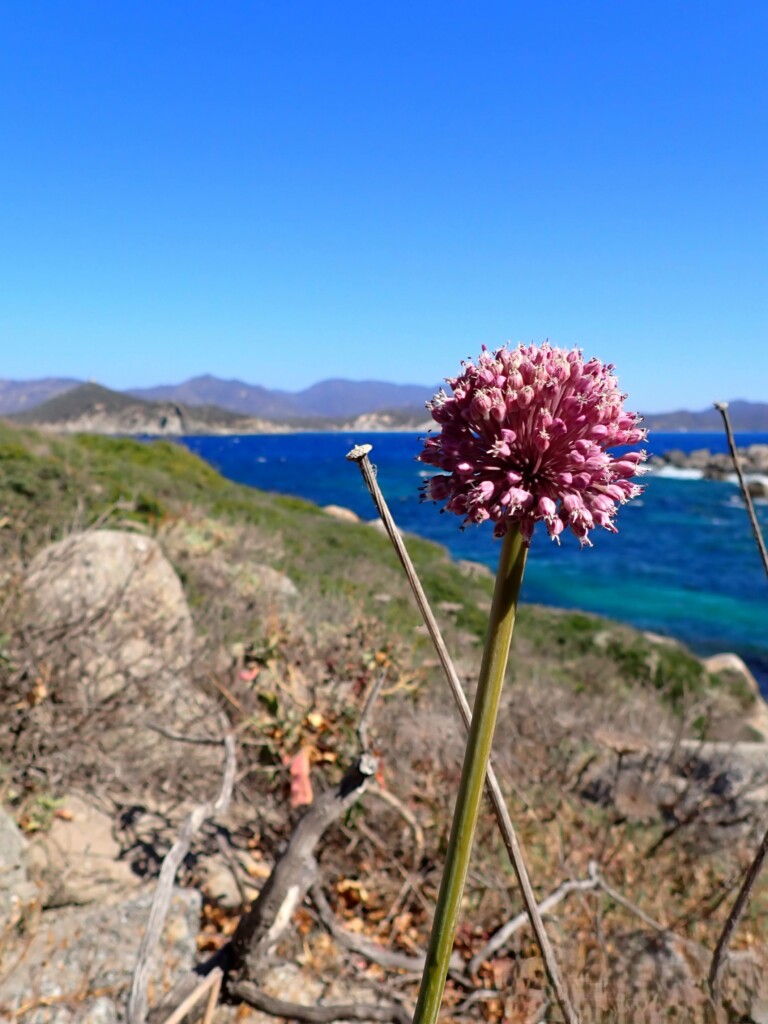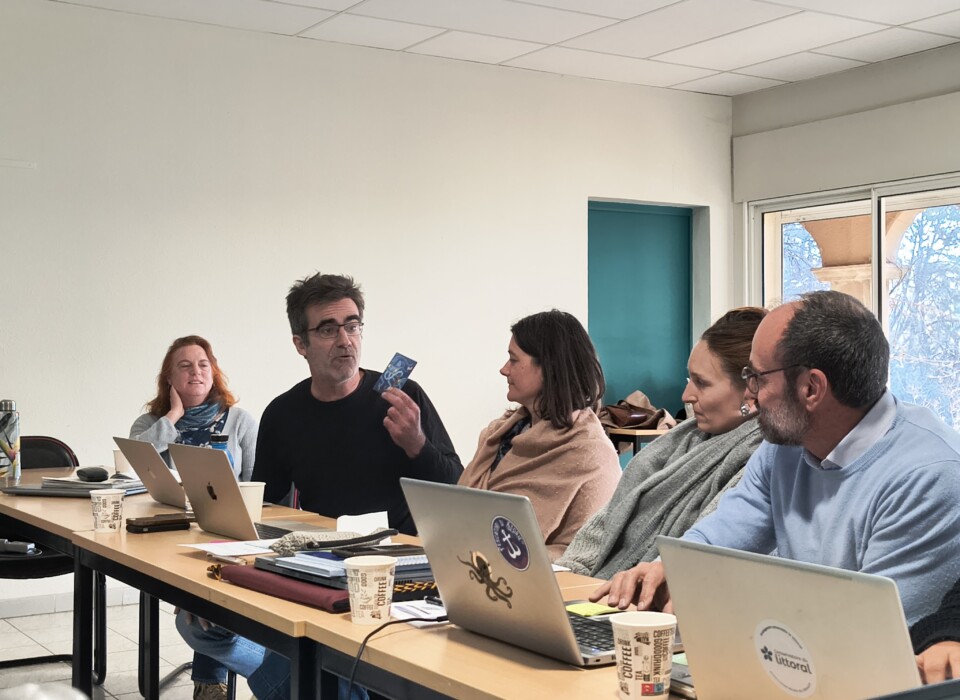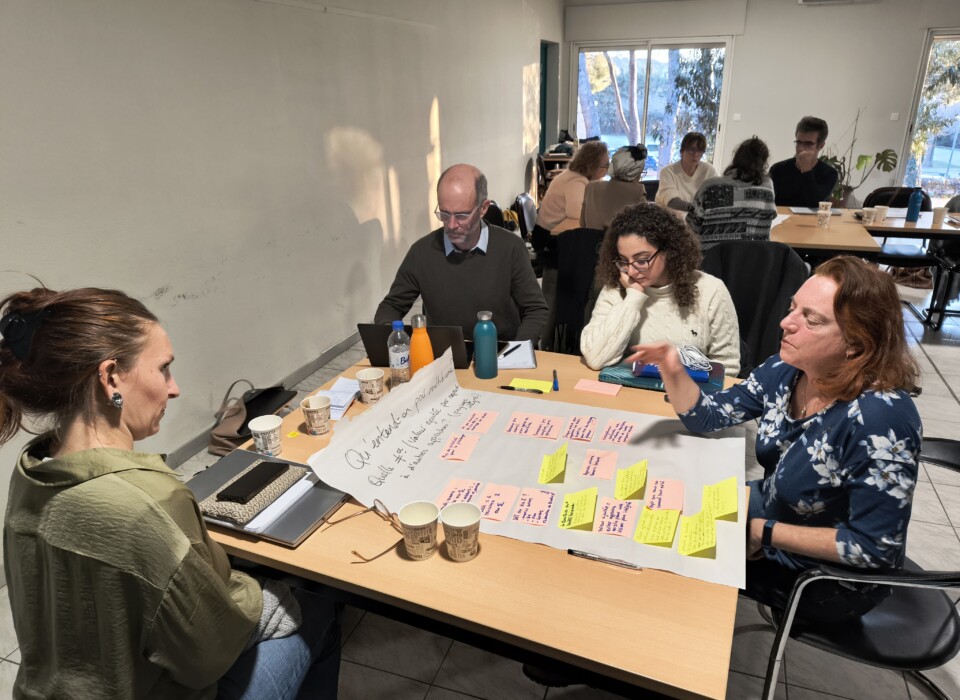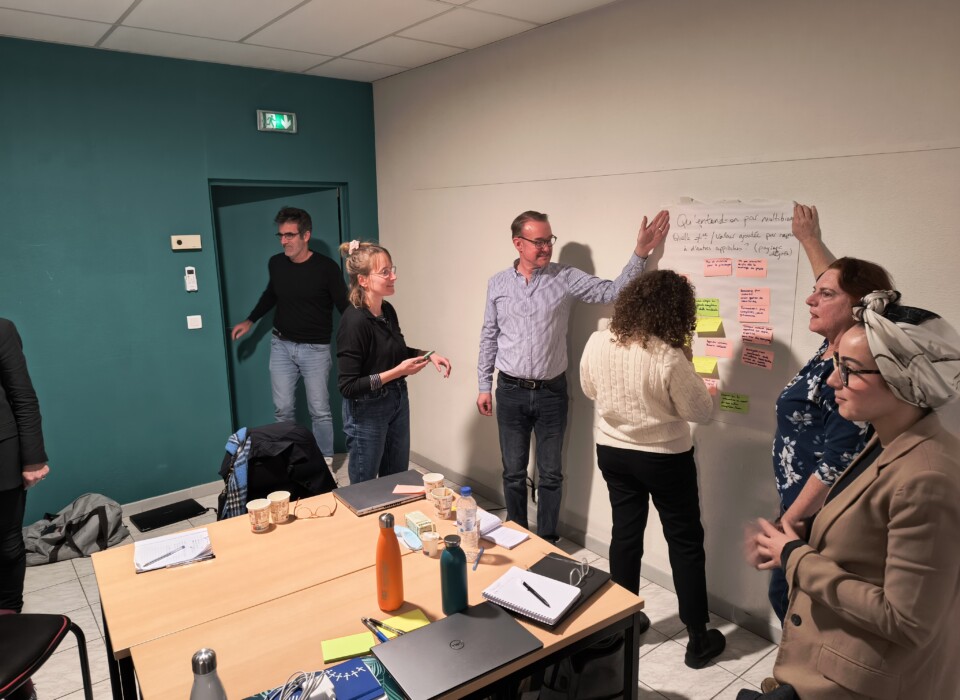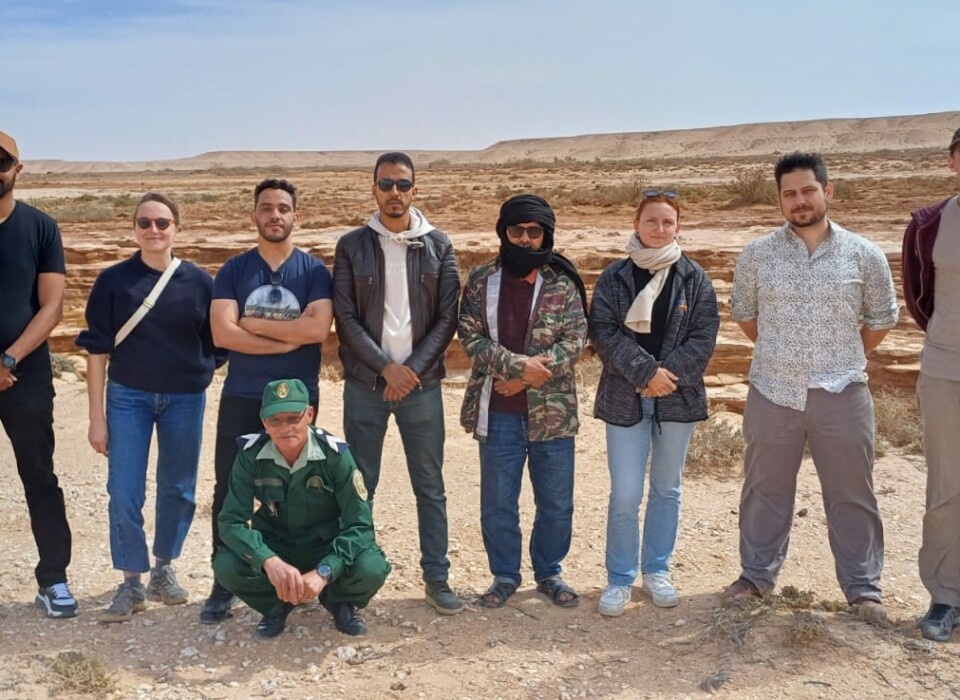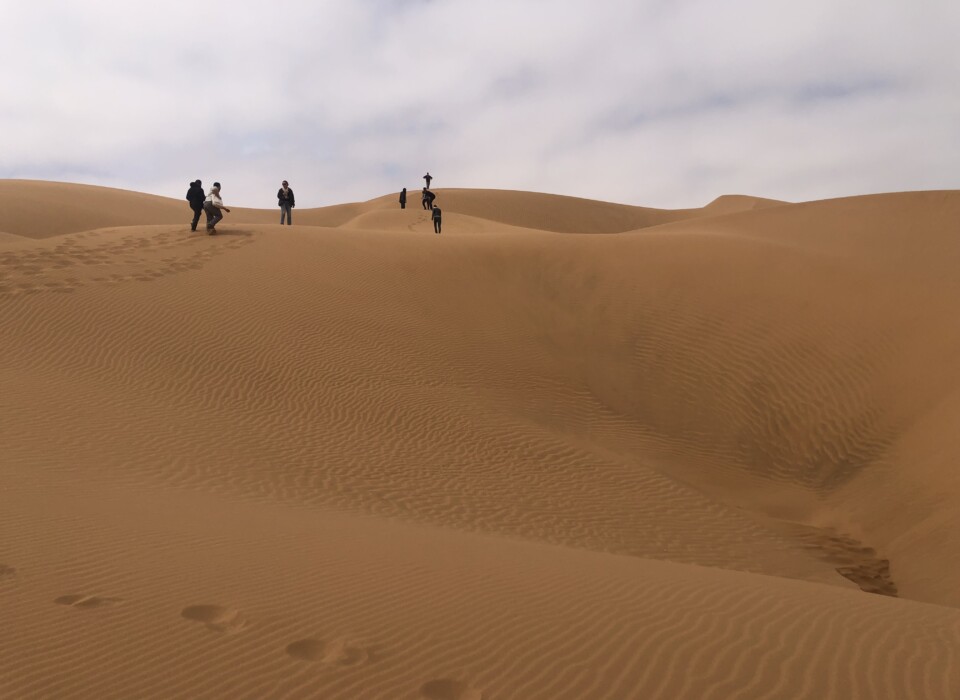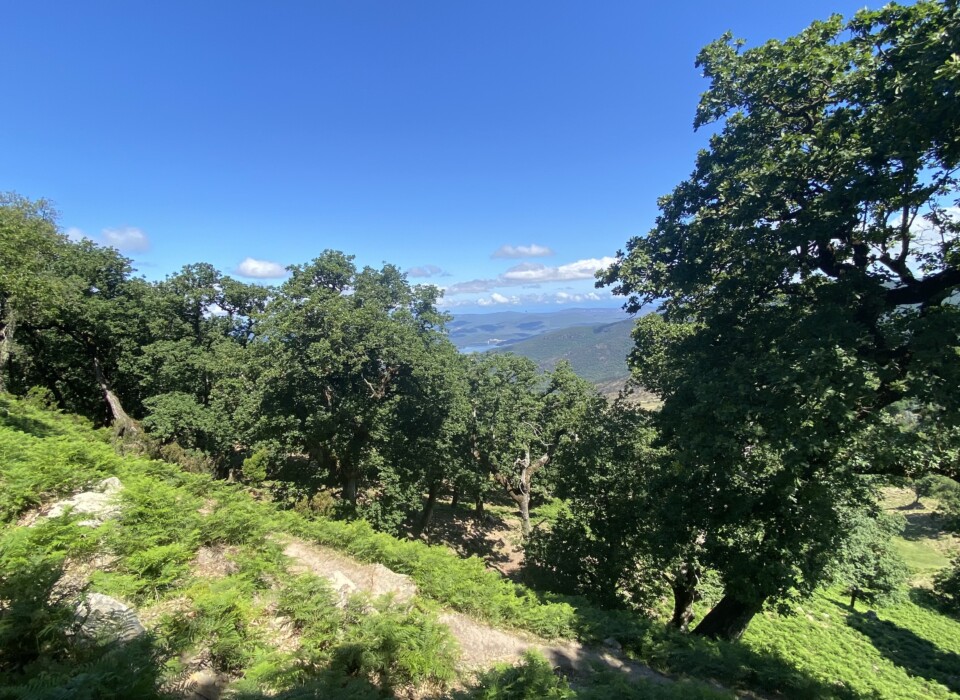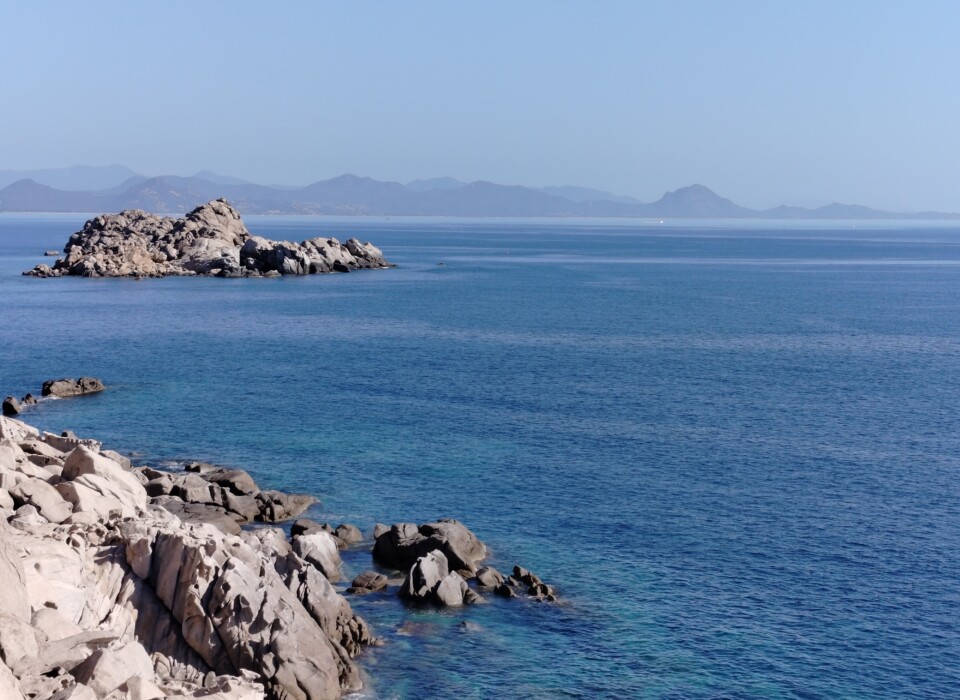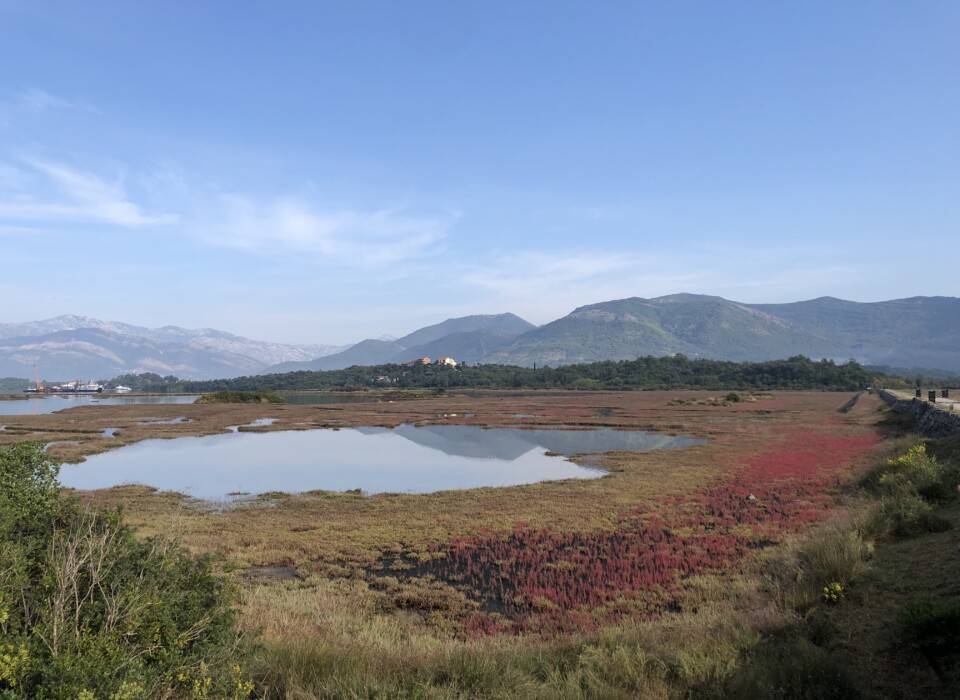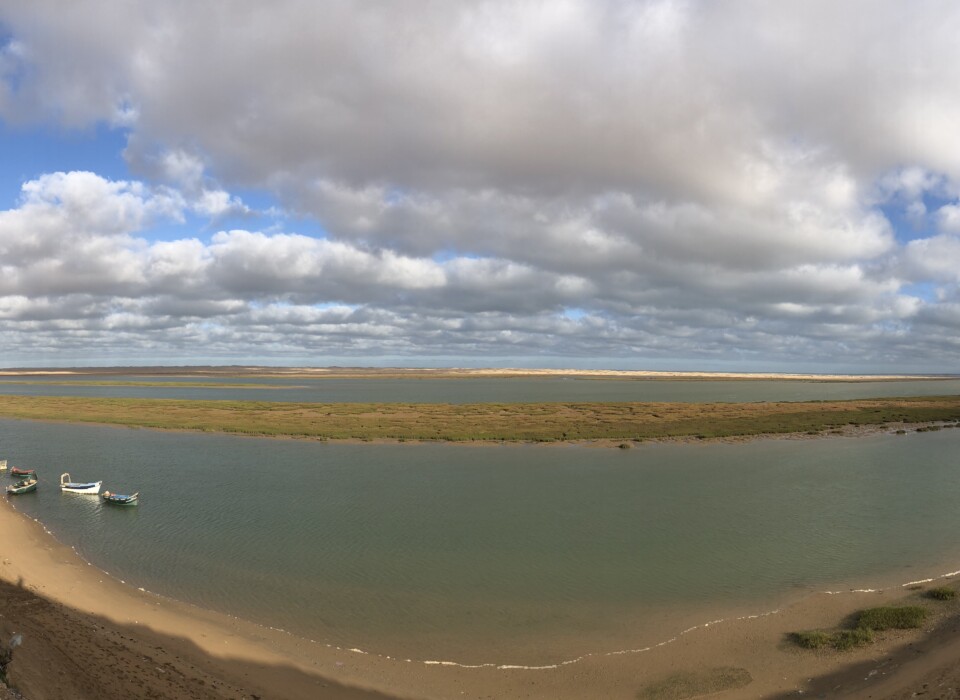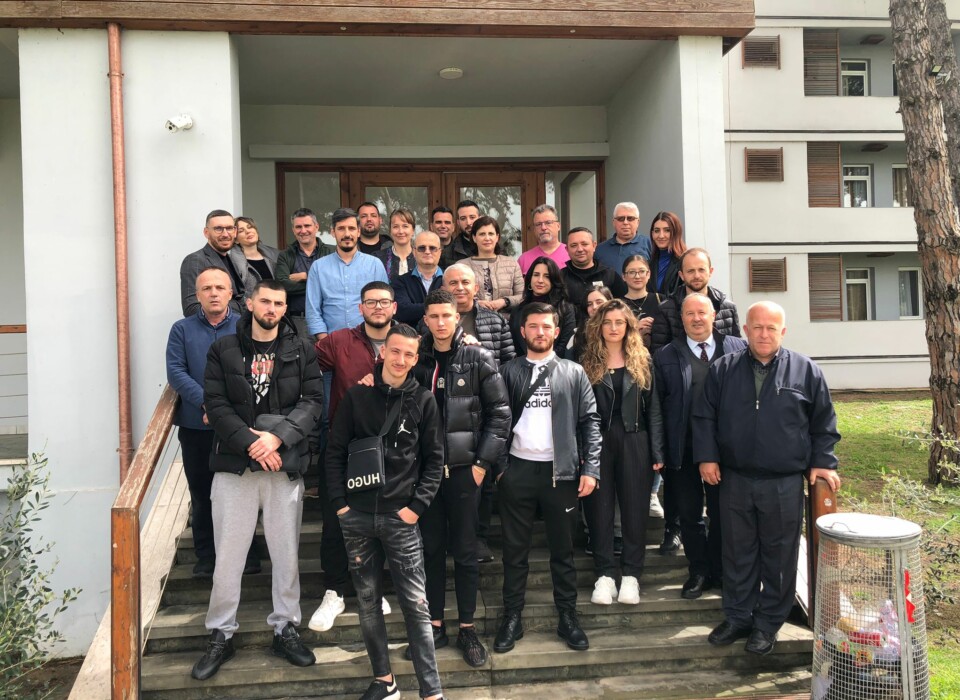The first initiative of the Mediterranean Biodiversity Consortium (MBC), a coalition of regional environmental organisations launched in 2021 in partnership with the Conservatoire du Littoral, the RESCOM project aims to improve the environmental and social resilience of the Mediterranean basin by implementing Nature-based Solutions (NBS) through an integrated, multi-partner, multi-ecosystem approach. Launched in 2023 and co-financed by the French Global Environment Facility (FFEM) and the MAVA Foundation for a period of 4 years, it combines training and capacity-building actions, activities deployed on a regional scale (experience sharing, call for small projects, early warning system), and concrete measures in six pilot sites located in Albania, Montenegro, Morocco, Tunisia, Turkey and Italy, and developed in close collaboration with natural site managers and other national and local partners.
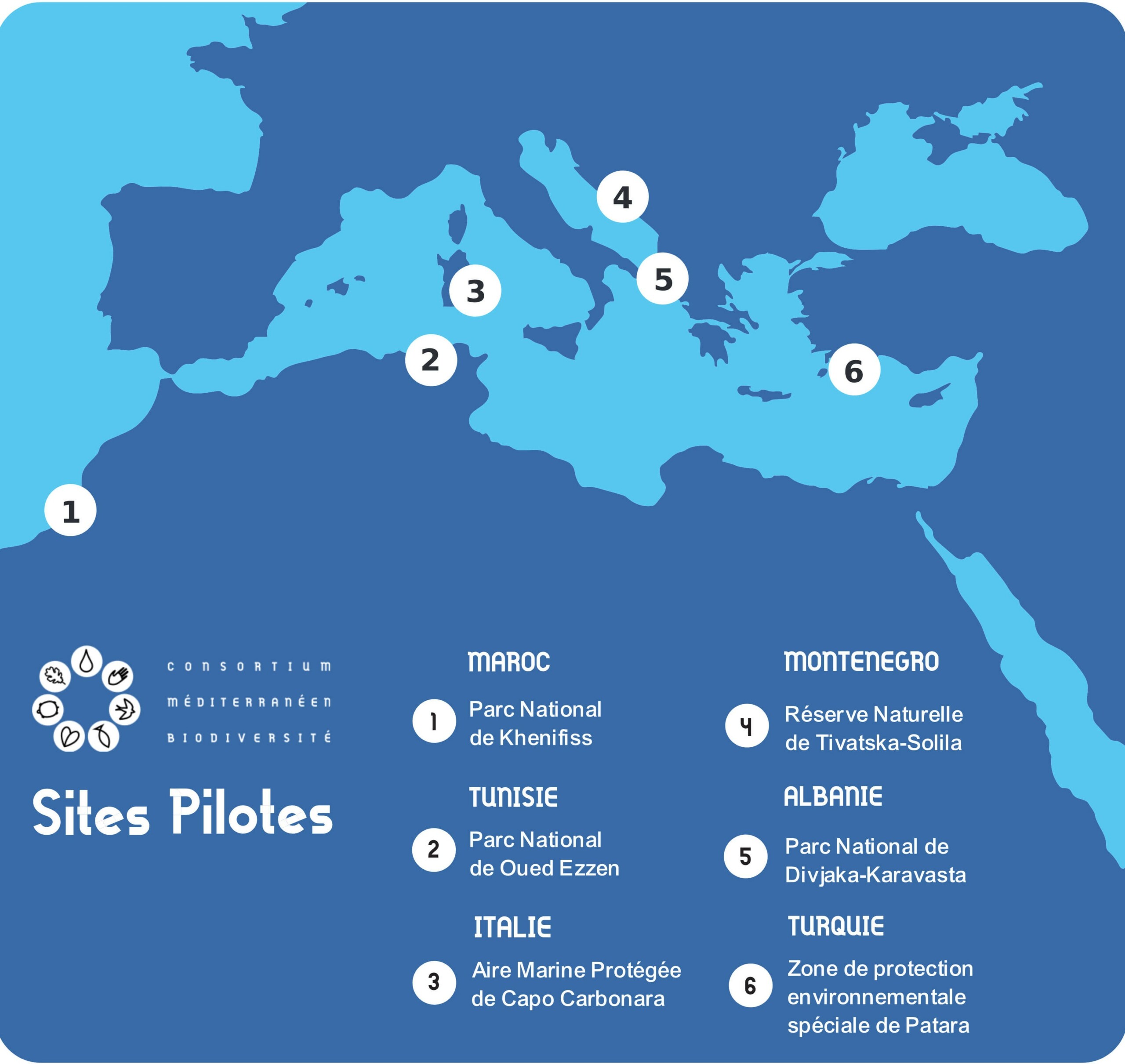
ACTIONS
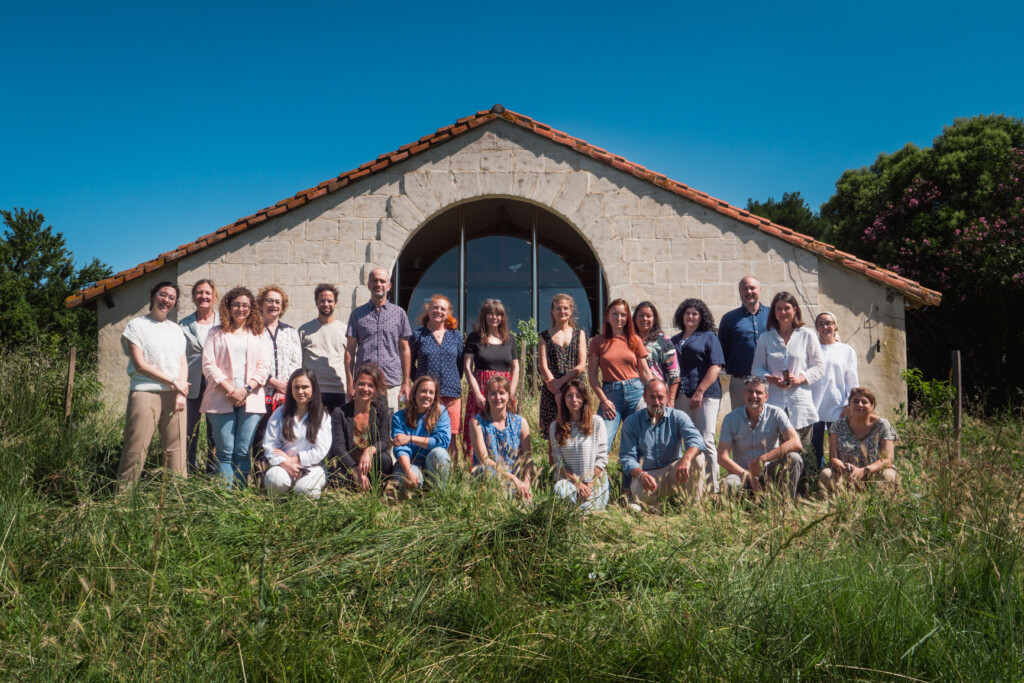
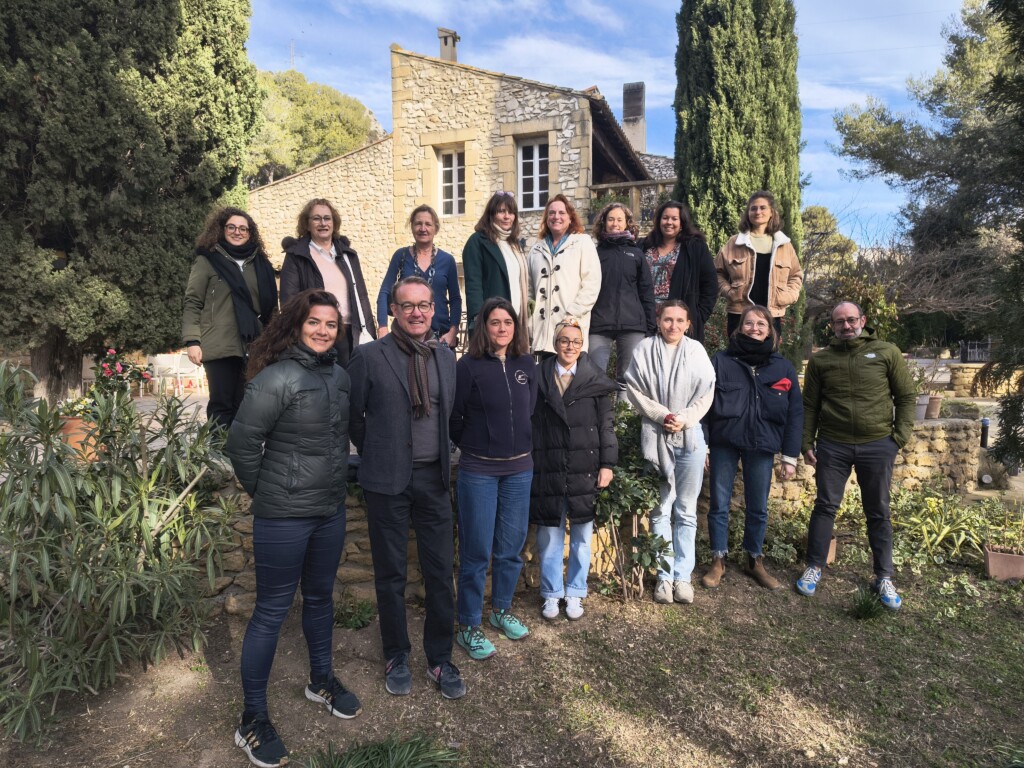
The project is structured around three specific objectives:
- Strengthen the capacities of the managers and partners of the project’s pilot sites in terms of SfN and other protection and resilience measures;
- Promote the exchange of experience and good practice on the application of the SfN concept within a Think & Do Tank, an informal regional think tank, leading to the deployment of small projects and advocacy activities on a Mediterranean scale;
- Define and implement demonstrative Nature-Based Solutions (NbS) on several pilot sites, in close collaboration with the national and local partners involved in the management of the sites.
A partnership agreement between Initiative PIM and the municipality of Villasimius, as manager of the Capo Carbonara Marine Protected Area (AMPCC), was signed in March 2024 and provides for support for a number of measures to preserve, restore and sustainably manage the islands of Cavoli and Serpentara, including :
- The installation of a post-deer control system and evaluation of the impact of this measure on Yelkouan Shearwaters, Scopoli’s Shearwaters and Thyrrenian lizards;
- The restoration of 230m² of damaged Posidonia meadows;
- The development and installation of signs to raise awareness of local biodiversity on the island of Cavoli.
A study led by Unica-CCB (Botanical Conservatory of the University of Cagliari, Sardinia) was also launched in 2024 on the most endangered endemic plant species on these two islands. The team then proceeded to select and collect seeds so that the plants concerned could be conserved at the Botanical Conservatory. Ultimately, sharing the results of the study will make it possible to take appropriate management measures for these sites, particularly in terms of visitor numbers in these tourist areas.
RESCOM project website